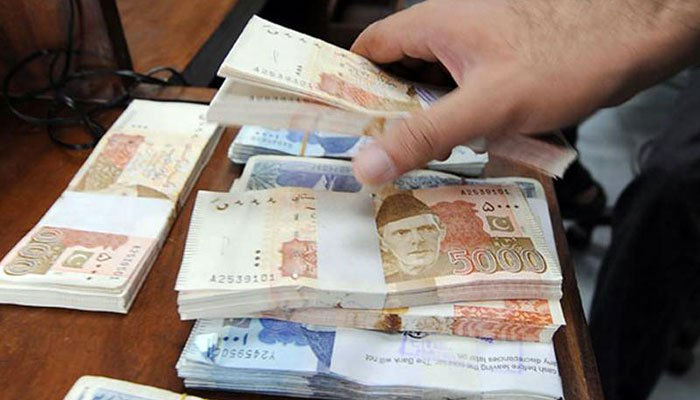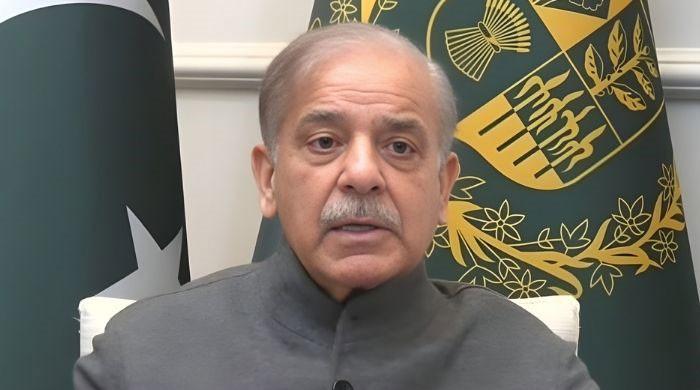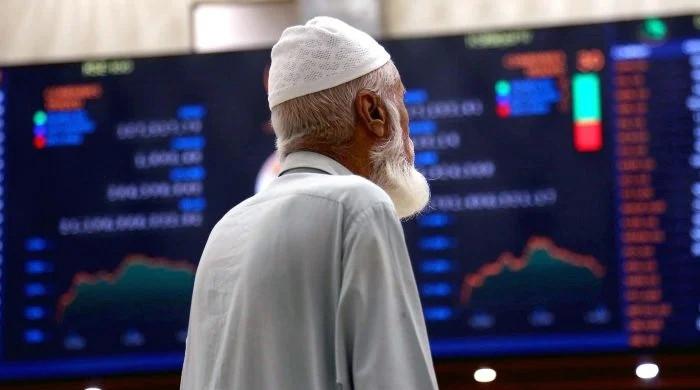Pakistan govt aims to raise Rs5.9t to fund budget deficit
Amount to be raised from auctions of market treasury bills and Pakistan investment bonds between June and August 2021
June 01, 2021

- Pakistan govt wants to raise Rs5.9 trillion from auctions of market treasury bills and Pakistan investment bonds to fund a budget deficit.
- The amount is higher than the Rs5 trillion the government wanted to fetch in May-July period.
- PIBs are popular among foreign investors as well thanks to their lucrative yields at a time of low interest rates worldwide.
KARACHI: The government plans to raise Rs5.9 trillion from auctions of market treasury bills (MTBs) and Pakistan investment bonds (PIBs) in June to August 2021 to fund a budget deficit, according to the auction target calendar issued by the central bank.
The amount is higher than the Rs5 trillion the government wanted to fetch in May-July period. Between June and August, there will be seven auctions for three-month, six-month and 12-month T-bills, with the target amount fixed at Rs5 trillion.
The government also plans to raise Rs900 billion from the auctions of PIBs in the period under review.
Read more: Budget 2021-22 to be presented on June 11
"The State Bank of Pakistan will sell Rs375 billion worth of three, five, 10, 15, 20, and 30-year fixed rate PIBs and Rs210 billion worth of five, and Rs210 billion worth of three-year floating rate PIBs. It will also auction Rs105 billion worth of a two-year floating rate PIBs," a report in The News stated.
The government has secured ample financing from commercial banks through the issuance of short-term T-Bills and long-term PIBs denominated in domestic currency to finance its budget deficit after its agreement with the International Monetary Fund (IMF) that restricts borrowing from the central bank for deficit financing.
PIBs are popular among foreign investors as well thanks to their lucrative yields at a time of low interest rates worldwide. The government’s domestic debt rose to Rs25.552 trillion as of March from Rs22.477 trillion a year ago.
Read more: GDP growth estimated at 3.94%, says PM Imran Khan
Pakistan’s fiscal deficit clocked in at 3.5% of the GDP in the nine months of this fiscal year, compared with 3.8% of the GDP in the same period last year. The fiscal deficit is 0.6 percentage points lower than last year, despite higher interest payments and coronavirus-related expenses.









